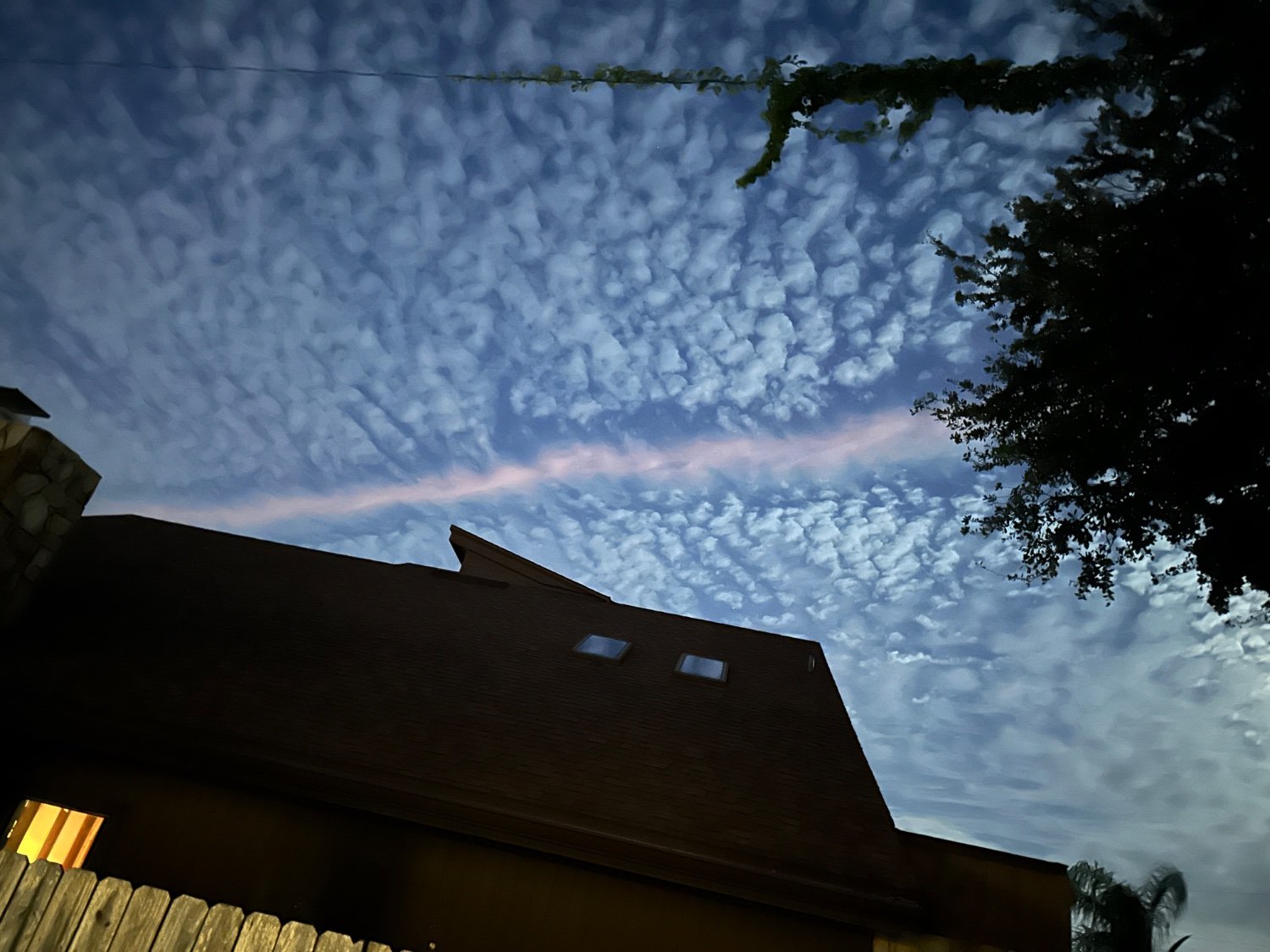this post was submitted on 15 Nov 2024
58 points (95.3% liked)
Asklemmy
43885 readers
1124 users here now
A loosely moderated place to ask open-ended questions
If your post meets the following criteria, it's welcome here!
- Open-ended question
- Not offensive: at this point, we do not have the bandwidth to moderate overtly political discussions. Assume best intent and be excellent to each other.
- Not regarding using or support for Lemmy: context, see the list of support communities and tools for finding communities below
- Not ad nauseam inducing: please make sure it is a question that would be new to most members
- An actual topic of discussion
Looking for support?
Looking for a community?
- Lemmyverse: community search
- sub.rehab: maps old subreddits to fediverse options, marks official as such
- !lemmy411@lemmy.ca: a community for finding communities
~Icon~ ~by~ ~@Double_A@discuss.tchncs.de~
founded 5 years ago
MODERATORS
you are viewing a single comment's thread
view the rest of the comments
view the rest of the comments

I'm not a meteorologist, but I do know a thing or two about plasma.
Plasma is very short lived. Think on the order of microseconds at atmospheric pressures. So unless there was a massive linear source of power along the whole length, this isn't plasma.
The visual effects probably have to do with the fact that the sun was very low. I'm guessing the particle size distribution in that line is notably different from the size of particles in the clouds surrounding it, leading to much stronger reflection of evening light.
I am curious as to the meteoroligical explanation for the line though.
Makes sense about plasma being short lived. It was just so close to the color I imagine an aurora to be along with the glow. I mentioned in another comment but I’m gonna look at the flight paths near here at that time to see if something comes up.